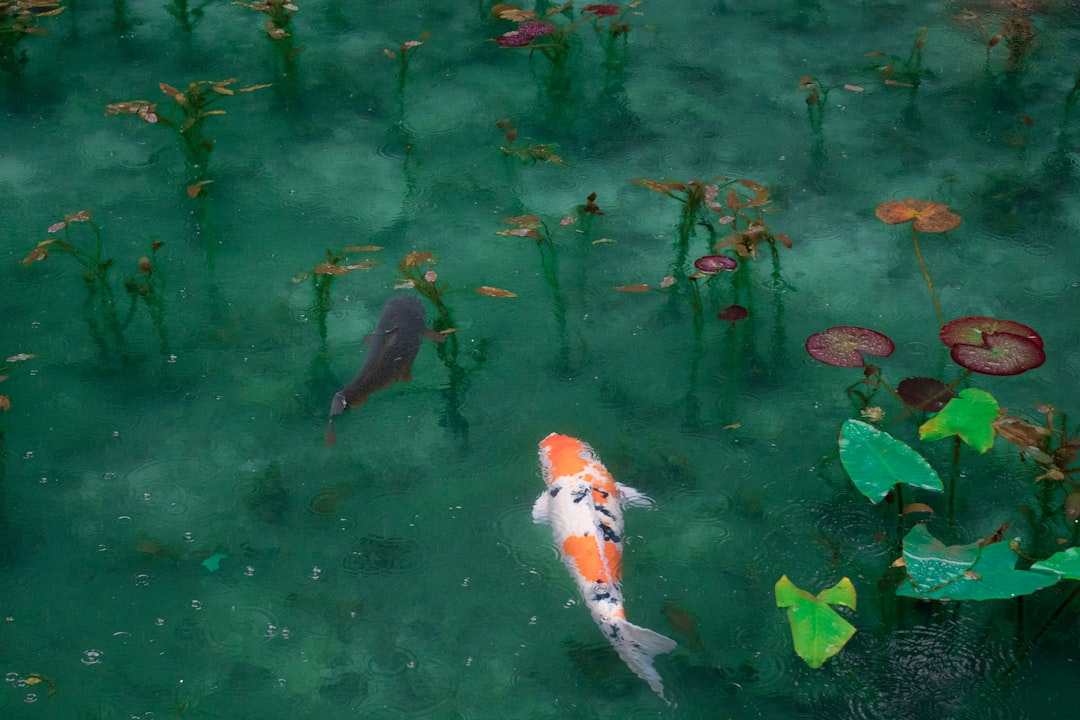
[…] By recognizing the higher-level consequences nature optimizes for, I’ve come to see that people who overweigh the first-order consequences of their decisions and ignore the effects of second- and subsequent-order consequences rarely reach their goals. This is because first-order consequences often have opposite desirabilities from second-order consequences, resulting in big mistakes in decision making. For example, the first-order consequences of exercise (pain and time spent) are commonly considered undesirable, while the second-order consequences (better health and more attractive appearance) are desirable. Similarly, food that tastes good is often bad for you and vice versa.
Quite often the first-order consequences are the temptations that cost us what we really want, and sometimes they are the barriers that stand in our way. It’s almost as though nature sorts us by throwing us trick choices that have both types of consequences and penalizing those who make their decisions on the basis of the first-order consequences alone.
By contrast, people who choose what they really want, and avoid the temptations and get over the pains that drive them away from what they really want, are much more likely to have successful lives.
Excerpt from Principles: Life and Work by Ray Dalio
